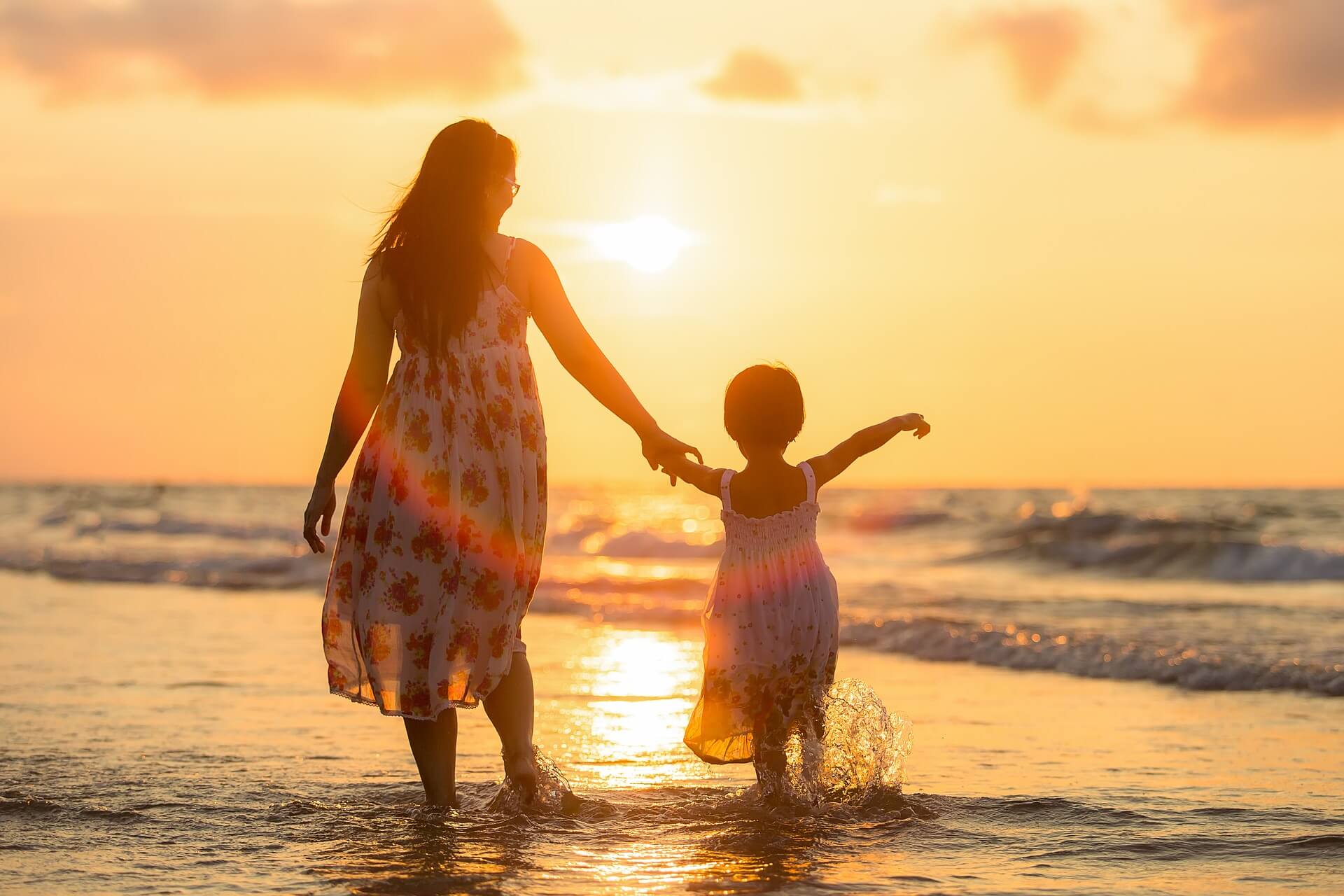- Activists are urging the Ministry of External Affairs (MEA) to take a more active role in child custody proceedings in Western countries.
- The call coincides with the release of the film Mrs. Chatterjee vs. Norway, which focuses on the diplomatic spat between India and Norway in 2011.
- The film examines cases in which parents lose custody of their children due to cultural differences in their upbringing.

What factors contribute to ‘bad’ parenting in Norway?
- Hand feeding: Norwegian authorities objected to the family’s hand-feeding of the baby, comparing it to force-feeding.
- Children sleeping in the same bed as their parents: They also had issues with children sleeping in the same bed as their parents, which is very common in Indian households.
- Physical discipline is prohibited: The charges against the parents included a slap from the parents – only once. Even mild corporal punishment, such as a slap, is illegal in Norway.
- Lack of recreation: Authorities accused the couple of not providing enough space for their children to play. They were also accused of giving their children “unsuitable” clothes and toys.
Child Welfare Services in Norway
- The Child Welfare Services in Norway, also known as Barnevernet, is in charge of child protection in the country.
- The organisation is very strict about child protection and has strict regulations in place for all citizens living in the country, regardless of cultural background.
- The primary responsibility of Child Welfare Services is to implement measures for children and their families who have special needs in the home environment.
- Counseling, advisory services, and aid measures are available, including external support contacts, home relief measures, and access to daycare.
The Bhattacharya Case and Diplomatic Row
- The case of the Bhattacharya couple, whose children were taken away by Barnevernet, sparked a diplomatic row between Norway and India. The Bhattacharya had asked the foreign ministry to intervene in the case of their children being taken away by the Child Welfare Services.
- Bias against non-Norwegian citizens: Although the couple was accused of mistreating their children, some claimed that the decision was biassed against non-Norwegian citizens.
- State kidnapping of children: Human rights activists in India, called the incident “state kidnapping”.
- Labeling parents as mentally ill: In almost every case, they claim that one of the parents has a mental illness in order to strengthen their case.
How did Norway react?
- Following a diplomatic spat between the two countries, Norwegian authorities decided to give custody of the children to their father’s brother, allowing him to return them to India.
Way ahead
- The case emphasises the importance of transparent and unbiased decision-making processes in child welfare services, particularly when non-native citizens are involved.
- While child protection is critical, authorities must ensure that their actions are fair, just, and do not favour any particular group or culture.
Source: https://www.hg.org/legal-articles/understanding-the-hurdles-of-international-law-in-your-child-custody-case-49641
